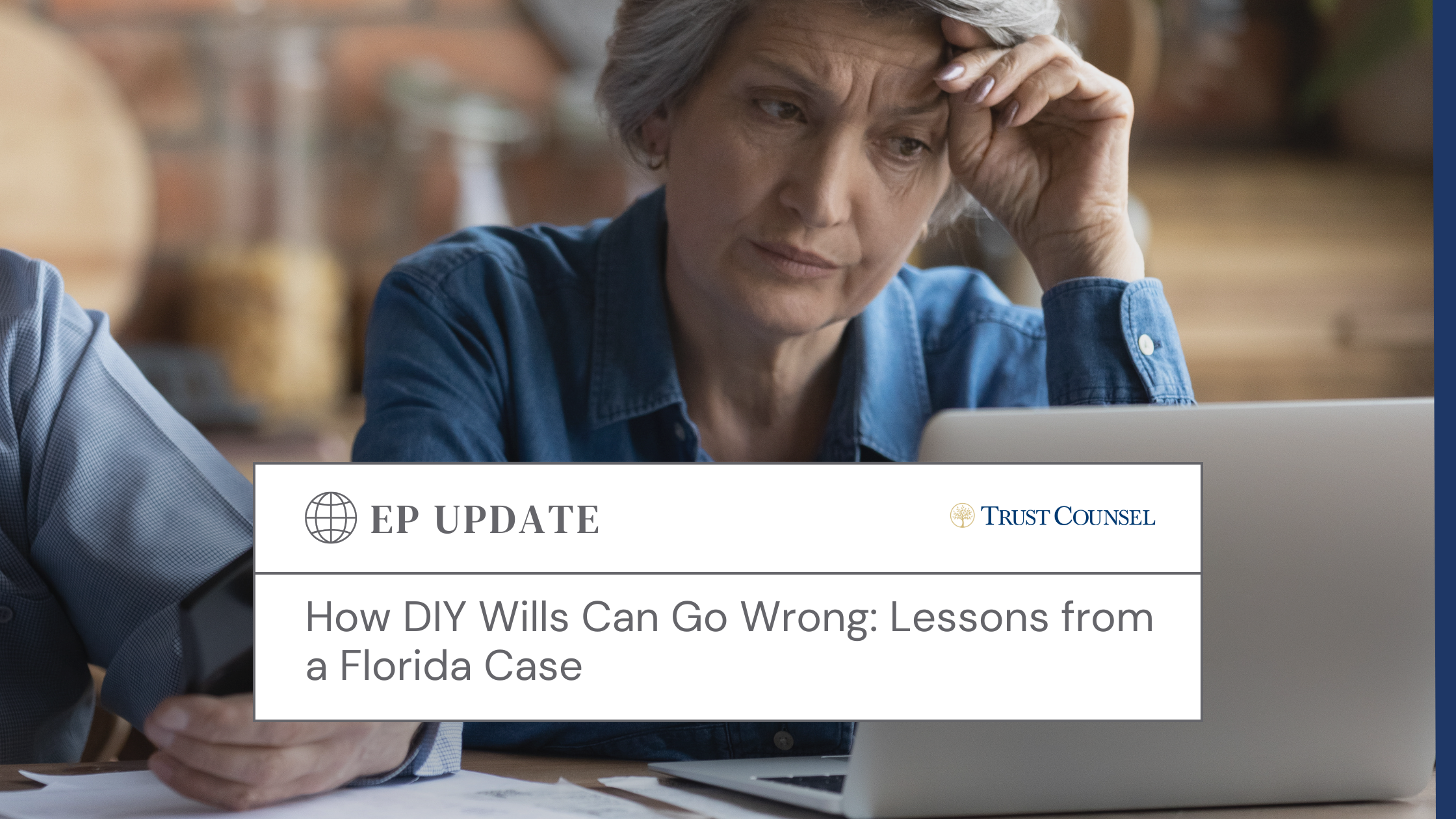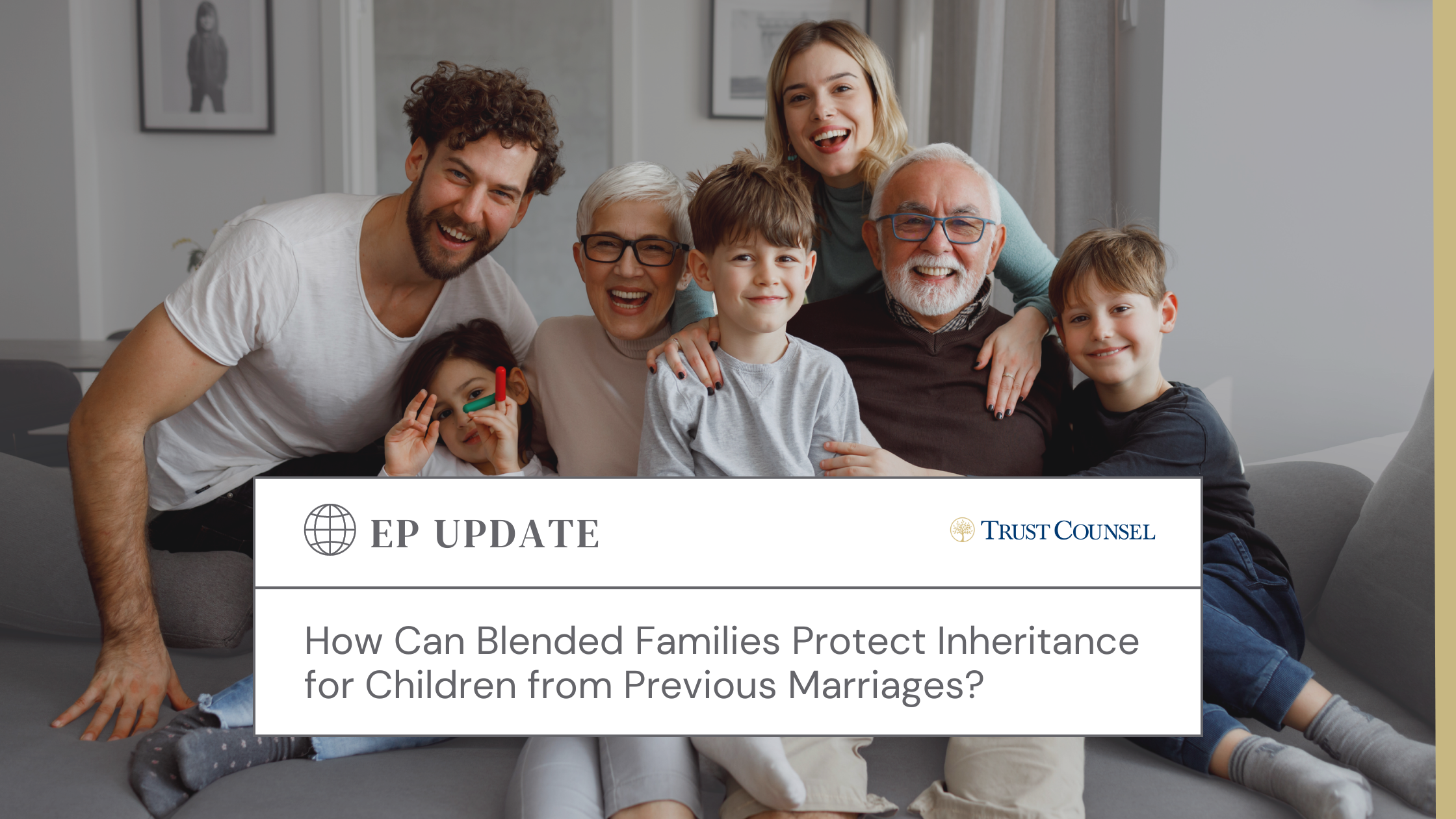
While the Castro family imposed a mandatory nine-day mourning period over Cuba, questions remain as to who will inherit the head of state’s fortune – or if there is any fortune to inherit at all.
Depending on what source you believe, Fidel Castro was either a hero of the poor, living as a pauper, and owned nothing, or the owner of a fortune estimated by various sources to be in the hundreds of millions of dollars (US). Back in 2006, Forbes Magazine ranked Castro No. 7 on the Forbes List of Richest Rulers and they estimated that Castro was hiding about a $900 million fortune (for comparison, that’s $400 million more than the magazine attributed to Queen Elizabeth).
For its part, Forbes cited unnamed former Cuban officials who “insist Castro, who travels exclusively in a fleet of black Mercedes, has skimmed profits” from a network of state-owned companies for years. These, according to the article, include the Havana Convention Center, the Cimex retail corporation, and a top-of-the-line pharmaceutical company that exports vaccines. The magazine added it had “heard rumors” Castro has stashed away a percentage of these companies’ profits over the years in Swiss bank accounts, although it offered no proof of these secret stashes. In addition to corporate or government sources of revenue, many have speculated that his close ties to the Revolutionary Armed Forces of Colombia (FARC), the terrorist group that funds its activities with cocaine trafficking, has paid its tributes to Castro in order to continue to receive safe haven there.
To estimate Castro’s net worth, the magazine used “a discounted cash flow method to value these companies and then assumed a portion of that profit stream goes to Castro”  a method similar to that used to estimate the fortunes of other royals and rulers. Aside from the difficulties inherent in estimating the value of privately-held companies, Forbes’ calculation of Fidel Castro’s fortune is fraught with additional problems which Forbes acknowledged stating “his wealth comes from his position of power and the lines often blur between what is owned by the country and what is owned by the individual.” Furthermore, Forbes admitted “these estimates are more art than science” and that the information provided on Castro’s wealth is notably skimpy compared with the amount of information Forbes provides for the others on this list.
a method similar to that used to estimate the fortunes of other royals and rulers. Aside from the difficulties inherent in estimating the value of privately-held companies, Forbes’ calculation of Fidel Castro’s fortune is fraught with additional problems which Forbes acknowledged stating “his wealth comes from his position of power and the lines often blur between what is owned by the country and what is owned by the individual.” Furthermore, Forbes admitted “these estimates are more art than science” and that the information provided on Castro’s wealth is notably skimpy compared with the amount of information Forbes provides for the others on this list.
Castro vehemently denied these claims, insisting his personal net worth was close to zero and that he earns a salary of just 900 Cuban pesos a month. (The Cuban peso has no value on the international market but has a domestic value that makes his salary equivalent to $36 in American currency in 2005). Castro responded to that accusation by making a public announcement – seizing regular TV programming for over four hours to claim that he had no real net worth and that Forbes had no proof that he does. “If they can prove that I have a bank account abroad, with $900 million, $1 million, $500,000, $100,000 or $1 in it, I will resign…” Castro promised in the television appearance. As he chastised the article as pandering to the CIA and the Bush Administration he also threatened a lawsuit against Forbes for libel. Such lawsuit has never been filed.
While Forbes’ account never provided any real details, a tell-all book by a former Castro bodyguard shed light on some of the most eccentric aspects of the Castro fortune. According to Juan Reinaldo Sánchez in his book, The Double Life of Fidel Castro, Castro owned over twenty mansions and lives in the lap of luxury. The Spanish newspaper ABC lists some other assets Castro owned as detailed in the book: a private island, a dolphinarium, a literal gold mine, a heliport, and a personal cheese factory.
So there might (or might not) be as much as $1B in money hidden in various corporate shells and secret slush funds around the world but who will receive this fortune also remains a mystery. Castro has at least two living siblings – dictator Raúl and his sister Juanita, who lives in Miami and refers to her brother as a “monster.”
He was quite known for his public philandering and it is not in dispute that he has fathered at least nine children; the most prominent, Alina Fernández, is herself a Cuban exile who has dedicated her career to exposing his appalling human rights record. Many of his children remain on the island – including his first-born, Fidelito – as does Dalia Soto del Valle, a woman rumored to have married Castro in private.

Interestingly, as far as future succession of power, Fidel’s children must now compete with Raúl Castro’s son, Alejandro, and son-in-law Luis Alberto Fernandez Lopez-Callejas. Both high-ranking Communist Party officials, unlike anyone in Fidel Castro’s immediate family.




